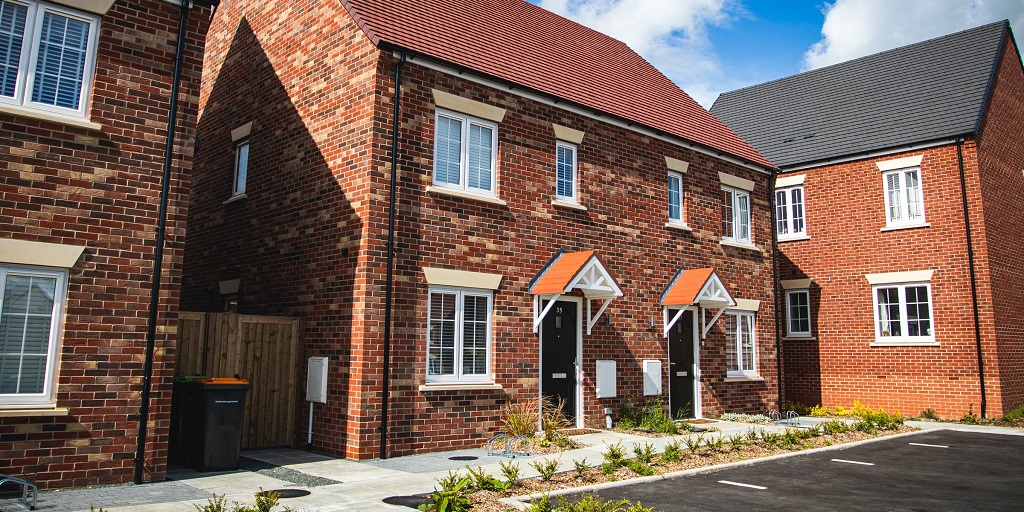This information should not be interpreted as financial, tax or legal advice. Mortgage and loan rates are subject to change.

Category: law
Landlords are bound by law to ensure that electrical safety standards in their rental properties are met. A key anniversary in the law may put pressure on contractor resources required to ensure homes remain legal to let.
Maintaining your rental property relies on finding professionals you trust to get the job done correctly, and finding someone who will do so for a cost effective price. If you are under the pressure of time, much like last minute Christmas shopping, it is too easy to overspend, just to get it done.
Clearly electrical safety puts the lives of tenants at its heart, so when it comes to ensuring you can continue to let out your property, hitting deadlines to meet safety standards are critical.
Electrical Installation Condition Reports
As a landlord you will likely be familiar with the term “Electrical Installation Condition Report” (EICR). These are a legal requirement for rental properties, in order to meet the Electrical Safety Standards in the Private Rented Sector (England) Regulations 2020, so you have to supply one to your tenants amongst other requirements.
If you need a reminder, the EICR has to be completed by a qualified electrical professional, who conducts the inspection at the property. The report identifies whether any work is required to comply with electrical safety laws - and advises on any required work - or signs off the property as safe, depending on the findings of the inspector.
The inspection relates to:
The ‘fixed’ electrical parts of the property, like the wiring, the socket-outlets (plug sockets), the light fittings and the consumer unit (or fuse box) will be inspected. This will include permanently connected equipment such as showers and extractors.
Source: Guide for landlords: electrical safety standards in the private rented sector
So it excludes appliances you provide, but this does not mean these should be overlooked. The government recommends appliances are regularly subject to Portable Appliance Testing (PAT).
EICR anniversary could cause spike in inspection demand
An update to electrical safety law, for the private rental sector, meant that all tenanted properties had to have an EICR in place for existing tenancies by 1st April 2021.
However, because new tenancies were required to have an EICR in place before this, by 1st June 2020, many landlords staggered the work between these two dates.
As a result, there are large numbers of rental properties coming up to their EICR renewal.
Get organised in advance to ensure it’s a stress-free process
If you are unsure when your own report(s) expire, it is well worth referring to them to ensure you have plenty of time to get this essential work done.
Don’t forget, it’s not just cut and dried that the report will come back with a clean bill of health – it may flag work that needs to be done. Any work required isn’t completed during the inspection.
To start you need to book in someone to do the inspection, which will need to be arranged with the tenant. You might be happy to use the same company who did the work last time, but if not you need to find someone.
If you need to get electrical work done, you may have someone lined up who you trust to do it. But, you may want to get quotes that you can compare, before booking someone and liaising with your tenants on a mutually convenient date.
Preparing in advance also means that if you need to spread the costs of any work you need to get done, you have that flexibility.
The government signposts the “Electrical Safety Roundtable” who provide a link on the “The Registered Competent Person, Electrical” website to a postcode search facility.


